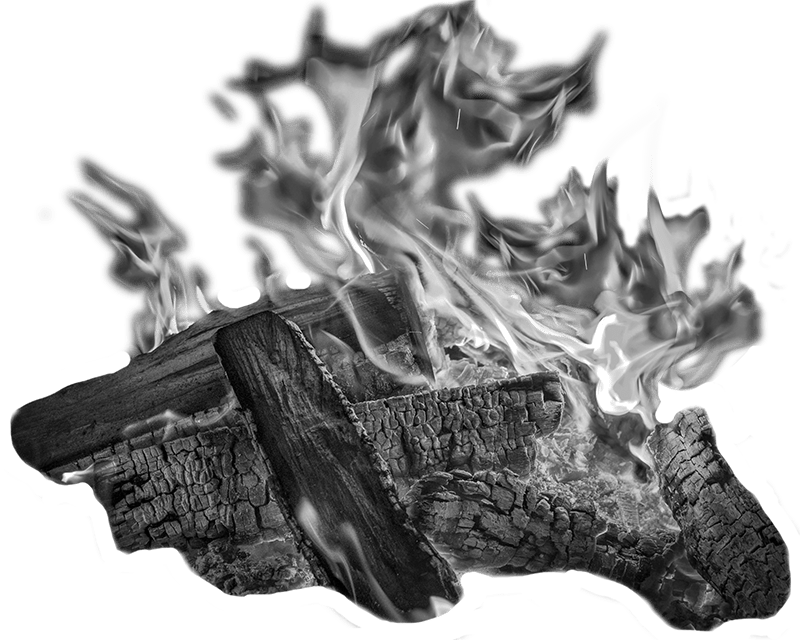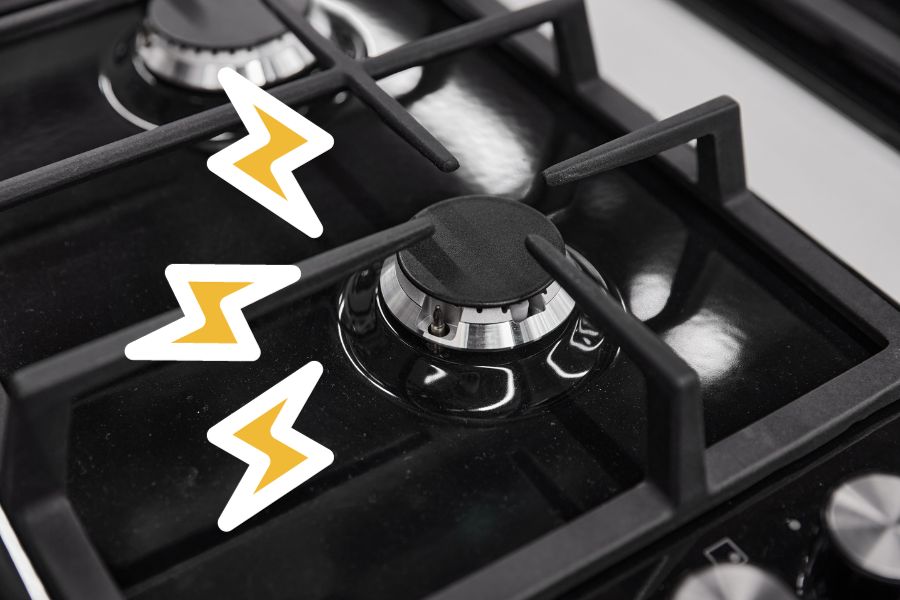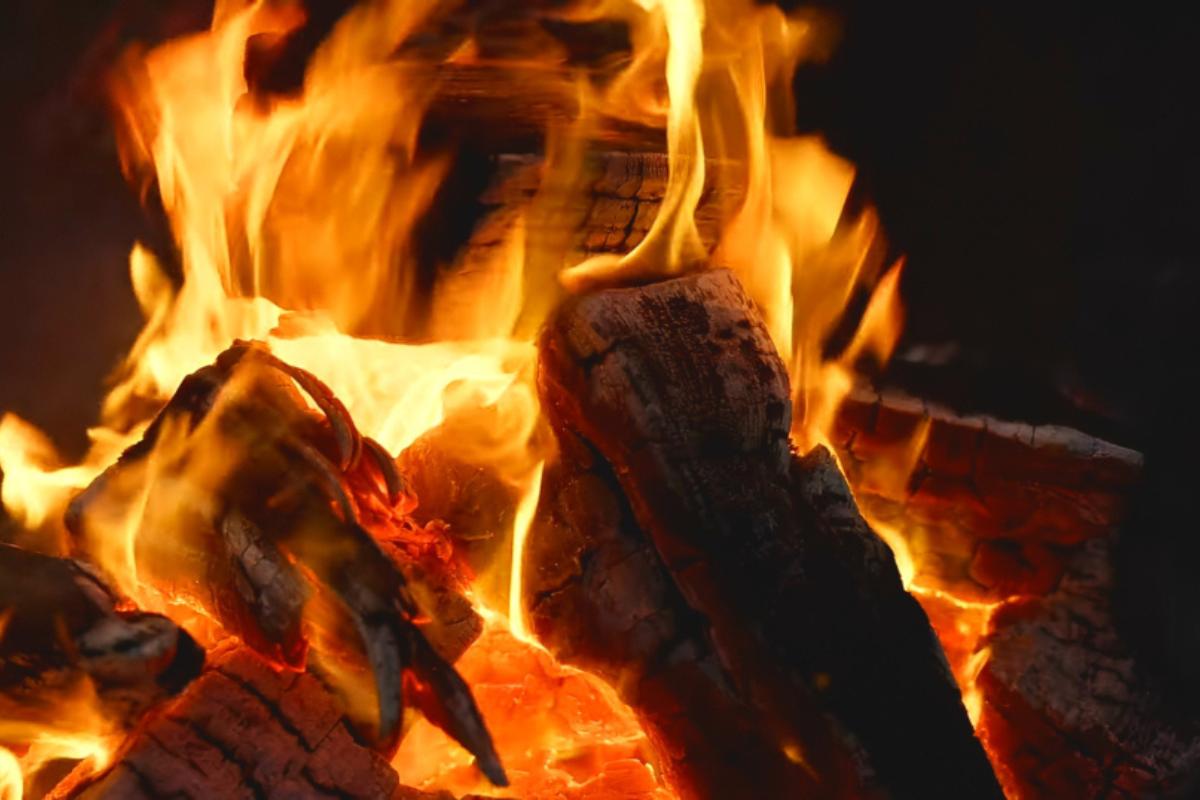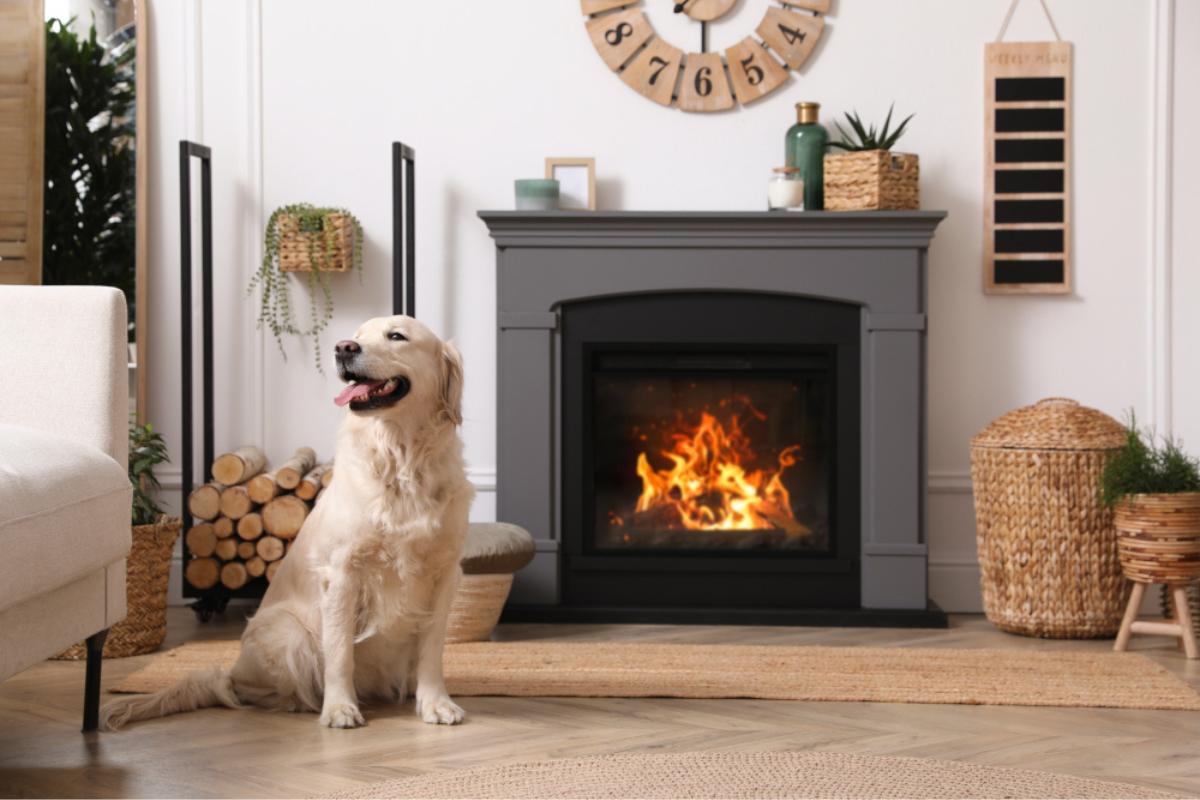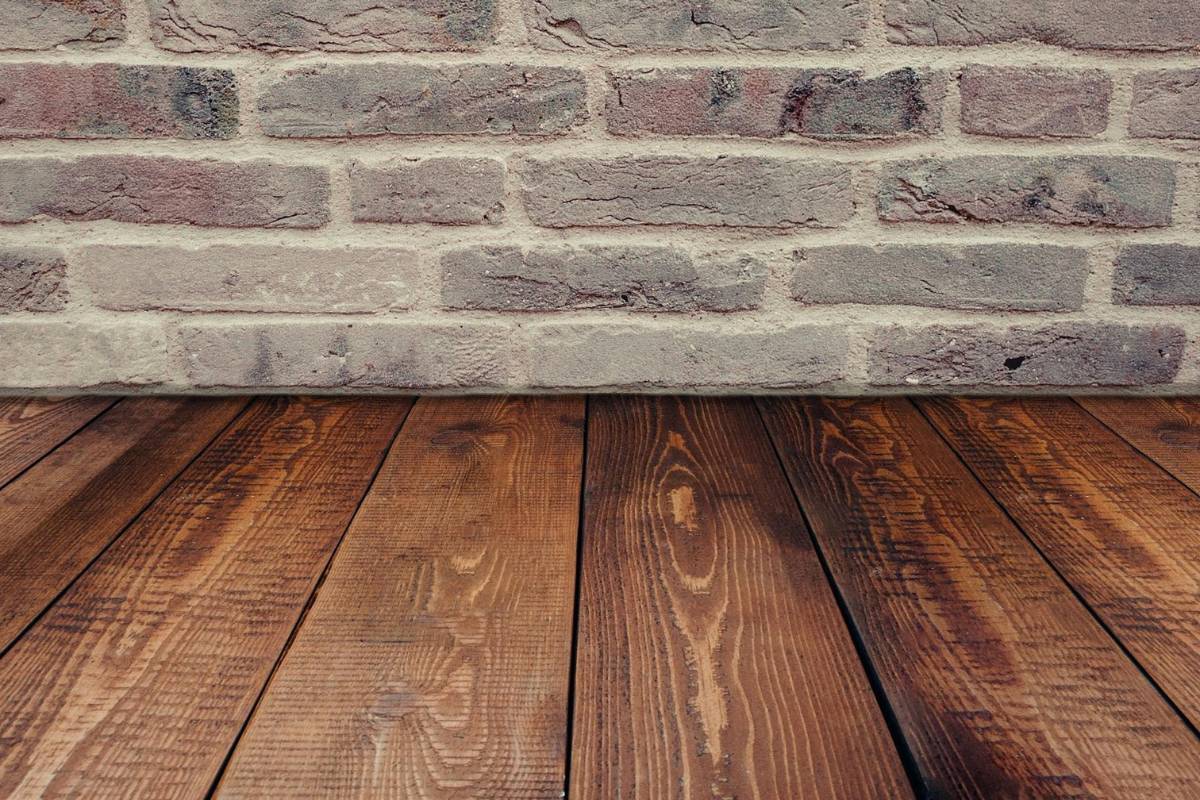Cooktops are an essential part of any kitchen, and gas cooktops, in particular, are known for their quick heating and precise temperature control.
However, if you have ever heard a loud, rumbling noise from your gas cooktop burners, you know that it can be a frustrating and unsettling experience.
This blog post will explore the potential causes of noisy gas stoves and provide solutions for fixing the problem.
Whether you’re a seasoned home cook or a first-time homeowner, this post will provide valuable information on troubleshooting and fixing noisy burners so you can enjoy the benefits of your gas cooktop without the added noise.
Common Causes of Gas Stoves Making Noise When They Are Off
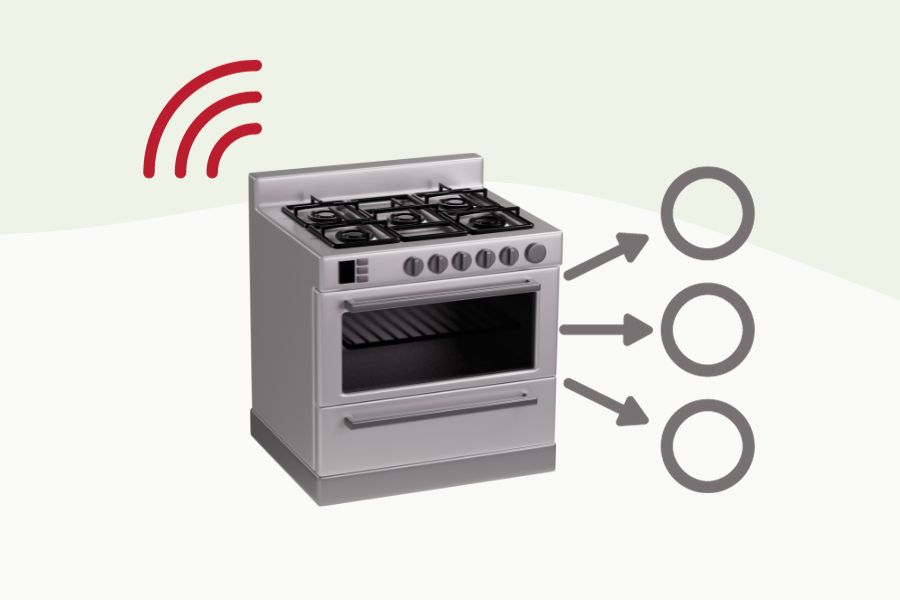
Cooktops are essential to any kitchen, and gas cooktops are known for their quick heating and precise temperature control.
However, sometimes, when you turn off the cooktop, you might hear a loud, rumbling noise coming from your gas cooktop burners. This noise can be frustrating and unsettling, making you wonder what’s causing it.
Expanding and Contracting Metal Parts
Gas cooktops are made up of various metal parts, such as the burner head, base, and gas valve. These parts expand and contract as they heat up and cool down.
This expansion and contraction can cause a ticking or popping noise, especially when the cooktop is turned off, and the metal parts are cooling down. This is a normal and common occurrence, not a cause for concern.
Igniters
Gas cooktops have an electronic ignition system that uses a spark to light the burners. An igniter creates the spark, which can make a clicking noise when trying to light the burner. This noise is normal and is not a cause for concern.
However, if the clicking noise continues even after the burner is lit, it could indicate a problem with the ignition system and should be checked by a professional.
Regulator Valve
The regulator valve controls gas flow to the burners. If the valve is not working properly, it can cause a whistling or hissing noise. A malfunctioning valve or a problem with the gas pressure can cause this problem.
If you suspect that the regulator valve is the cause of the noise, it’s best to call a professional to check it.
Loose or Worn-Out Parts
Over time, the various parts of a gas cooktop can become loose or worn out. This can cause a rattling or shaking noise when you use the cooktop.
To fix this problem, you will need to check all the parts of the cooktop and tighten or replace any that are loose or worn out.
Air in the Gas Line
Air in the gas line can cause a gurgling or bubbling noise when the cooktop is in use. This can happen if you have not used the gas in a while or if there is a leak in the line. To fix this problem, you should call a professional to check the gas line and remove the air.
It’s important to note that these are common noise causes in gas cooktops. If you are experiencing any unusual or continuous noise, it’s always better to reach out to a professional for a proper diagnosis and repair.
Identifying Types of Noise and Their Causes on Your Gas Stove
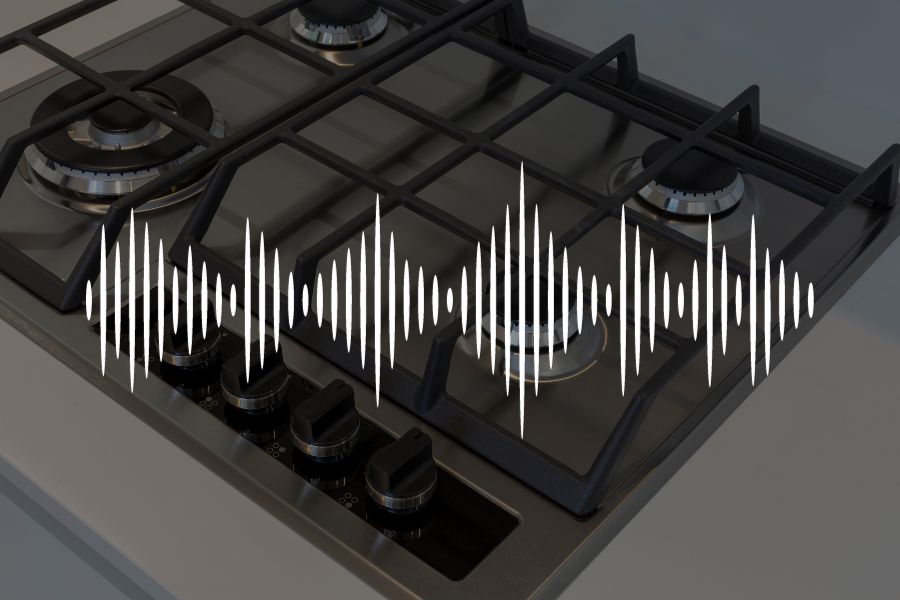
Gas cooktops are known for their quick heating and precise temperature control, but sometimes, when the cooktop is turned off, you might hear a loud, popping sound coming from your gas cooktop burners.
Identifying the location and type of noise can help you diagnose the problem and find the right solution.
Humming Noise
A humming noise coming from your gas stove could be caused by a malfunctioning regulator valve. The regulator valve controls gas flow to the burners; if it is not working properly, it can cause a humming or whistling noise.
This could be caused by a malfunctioning valve or a problem with the gas pressure. If you suspect that the regulator valve is the cause of the noise, it’s best to call a professional to check it.
Ticking Noise
Expanding and contracting metal parts of your gas stove can cause a ticking noise. Gas cooktops are made up of various metal parts, such as the burner head, base, and gas valve. These parts expand and contract as they heat up and cool down.
This expansion and contraction can cause a ticking or popping noise, especially when you turn off the cooktop, and the metal parts are cooling down. This is a normal and common occurrence, not a cause for concern.
Sparking Noise
A sparking noise can be caused by the electronic ignition system that uses a spark to light the burners. An igniter create the spark, which can make a clicking noise when trying to light the burner.
This noise is normal and is not a cause for concern. However, if the sparking noise continues even after the burner is lit, it could indicate a problem with the ignition system, and you should call a professional to check it.
Buzzing Noise
Loose or worn-out gas stove parts can cause a buzzing noise. Over time, the various parts of a gas cooktop can become loose or worn out. This can cause a buzzing or shaking noise when using the cooktop.
To fix this problem, you will need to check all the parts of the cooktop and tighten or replace any that are loose or worn out.
Clicking Noise
Clicking the thermostat or temperature control of the gas stove can cause noise. If the thermostat is malfunctioning, it may cause a clicking noise while adjusting the temperature. It’s best to call a professional to check the thermostat and fix the problem.
If you cannot identify the cause or type of noise or if it is continuous, it’s always better to reach out to a professional for a proper diagnosis and repair.
How to Fix a Gas Stove That Is Making Noise When It Is Off?
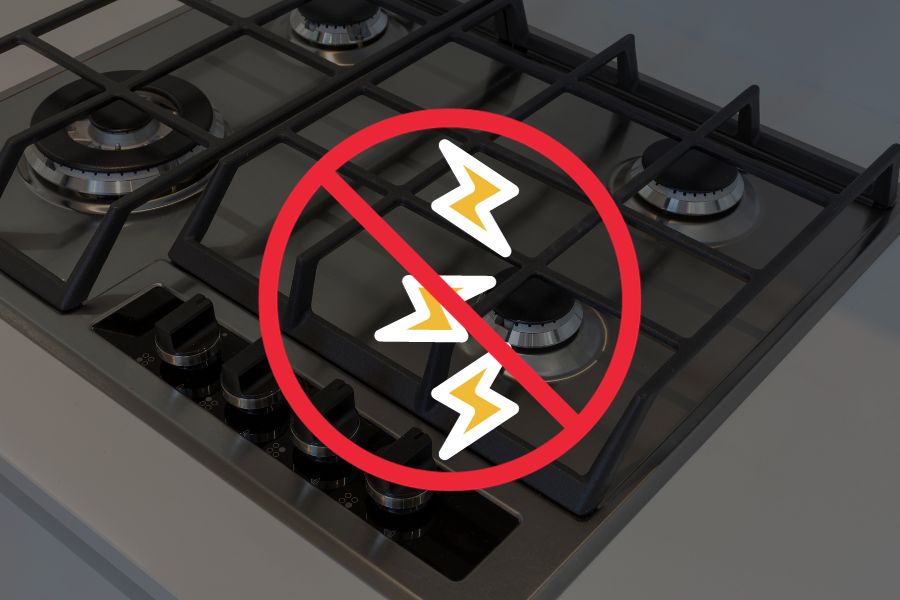
A gas stove that makes noise when it is off can be a frustrating and unsettling experience. Various factors can cause the noise, such as a malfunctioning valve, a problem with gas pressure, or even loose parts.
Humming Noise
- Check the gas line for any leaks. If there is a leak, it could cause a humming noise.
- Check the regulator valve for any malfunctions. It can cause a humming or whistling noise if it is not working properly. It’s best to call a professional to check the valve and fix the problem.
- Check the gas pressure. If the gas pressure is too high or too low, it can cause a humming noise. It’s best to call a professional to adjust the gas pressure and fix the problem.
Ticking Noise
- The expansion and contraction of the metal parts of the gas stove cause this noise. This is a normal and common occurrence, not a cause for concern. However, if the noise is excessive, it could indicate a problem with the cooktop’s design and you should call a professional to check it.
Sparking Noise
- Check the ignition system. If the sparking noise continues even after the burner is lit, it could indicate a problem with the ignition system and should be checked by a professional.
- Check the spark electrode or module. If it is dirty or malfunctioning, it can cause sparking noise. Clean or replace the spark electrode or module.
Buzzing Noise
- Check all the parts of the cooktop and tighten or replace any that are loose or worn out.
- Check the burner cap and see if it is properly aligned. If it is not, it can cause a buzzing noise.
Clicking Noise
- Check the thermostat or temperature control of the gas stove. If the thermostat malfunctions, it may cause a clicking noise while adjusting the temperature. It’s best to call a professional to check the thermostat and fix the problem.
Popping Noise When Off
- Thermal Expansion: As the metal parts of the stove cool down, they can contract and cause a popping noise. This is usually not a cause for concern.
- Residual Gas: When a burner is turned off, a small amount of gas may be left in the line. If this gas ignites, it can cause a popping noise. This is usually not a cause for concern, but it’s a good idea to ventilate the area to remove residual gas.
- Improper Venting: If the stove is not properly vented, it can create gas fumes. When these fumes ignite, they can cause a popping noise. This is a serious safety hazard and should be corrected immediately.
- Faulty Valve: A faulty valve can allow gas to leak out of the line. If this gas ignites, it can cause a popping noise. This is a serious safety hazard and should be repaired immediately.
Other Gas Stove Troubleshooting Guides:
- Why Gas Stove Won’t Light but Smell Gas?
- How to Fix Gas Stove Igniter Not Sparking After Cleaning?
- How Much Does a Stove Weigh
- How Hot Does a Stove Top Get
- Do Electric Stoves Use Gas?
- Can I Use Induction Pan on Gas Stove
- Do Home Buyers Prefer Gas Or Electric Stoves?
- Do Gas Stoves Have Pilot Lights?
- What is Auto Ignition Gas Stove?
- Can You Put Gas Stove Grates in Dishwasher?
- How To Clean Electric Stove Coil Tops?
- Do Gas Stoves Need to Be Vented
- Are Natural Gas and Propane Interchangeable
- Griddle for Glass Top Stove
Bottom Line
Gas stoves can make noise when off for various reasons, such as a malfunctioning valve, a gas pressure problem, or losing parts.
However, identifying the location and type of noise and following the appropriate troubleshooting steps can easily fix the issue. It’s important to note that if you’re experiencing any unusual or continuous noise, it’s always better to reach out to a professional for a proper diagnosis and repair.
Regular gas stove maintenance can also prevent noise and prolong the stove’s life. With adequate knowledge and approach, you can enjoy the benefits of your gas cooktop without the added noise.
